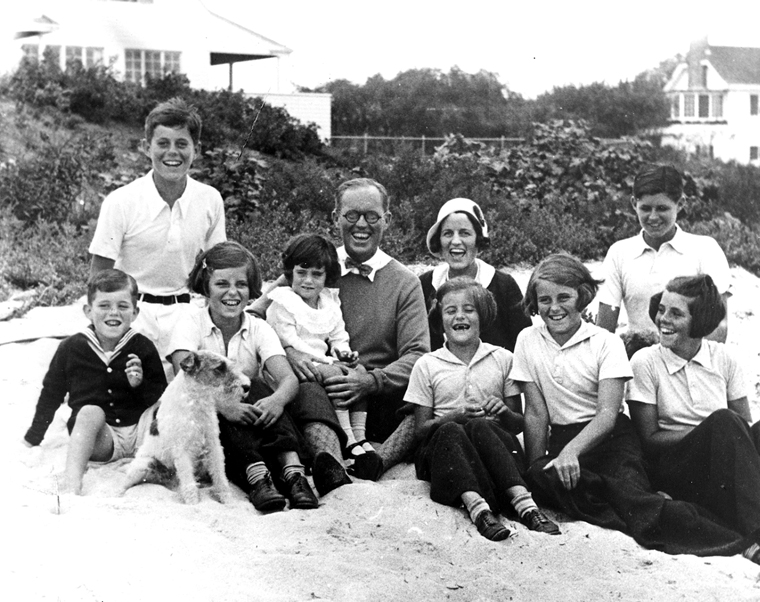The answer: "Harvey"
(Also for Three Word Wednesday and ABC Wednesday: "H" is for "Herbert")
Here’s
this week’s Berownial quiz question. In a pensive mood I
wrote the following scenelet, thinking it might remind you of a well-known
production – as a play and as a film.
What’s its name?
“You have examined my brother Herbert?”
“Examined?
Well, I guess you could say that.
It was actually more of a pleasant conversation. We chatted about various things.”
“Doctor, you mustn’t let him pull the wool over your
eyes and try to get you to think he’s just another normal person. That's not credible; he is not normal.”
“I’m going to have to ask you to let me be the judge
of that. There’s no such thing as a totally normal individual, but your
brother comes close.”
“I knew this would happen. Herb knows how to turn on the charm and be
rational with a specialist like you, but once he’s out that door he’ll get back
to acting like he usually does, which, believe me, is kind of crazy.”
“I’m afraid you have a tendency to exaggerate. Here, let’s check his file. It seems you’re upset because your brother
returns to an infantile state from time to time.”
“Especially after he’s knocked back a couple of
drinks.”
“Well, there you are. That’s probably your explanation, right
there. Surely you’re aware that there
are men, somewhat befuddled by inebriation, who will put a lampshade on their
heads and dance about singing childish songs – though I’ve never actually done
it myself.”
“No, no.
That’s not it. That’s not what he
does.”
“H’mm. In the
file it seems that what you object to is how your brother, a grown man, is
devoted to stuffed plush animals, like a small child. Having a favorite toy plush teddy bear is, of
course, somewhat unusual for an adult, but I imagine research would show that
quite a number of grownups find comfort or solace in such an arrangement.”
“But that’s the point. To him, it’s not a toy. And it’s not a bear. It’s a real, living creature.”
“Have you considered just letting this be? If this is what your brother wants to do, if
this is his fantasy, why not let him have it?”
“Because he walks around with this thing and it
makes him act real strange. People who
meet him for the first time come away thinking he’s kind of decrepit; in other words completely loony-tunes.”
“Let’s set up a meeting. Have your brother come to my office; I want
to examine that plush companion of his.”
“Wouldn’t do any good.”
“Why not?”
“Well, a key point is, his ‘plush companion,’ as you
put it, is totally invisible to anyone except him.”








